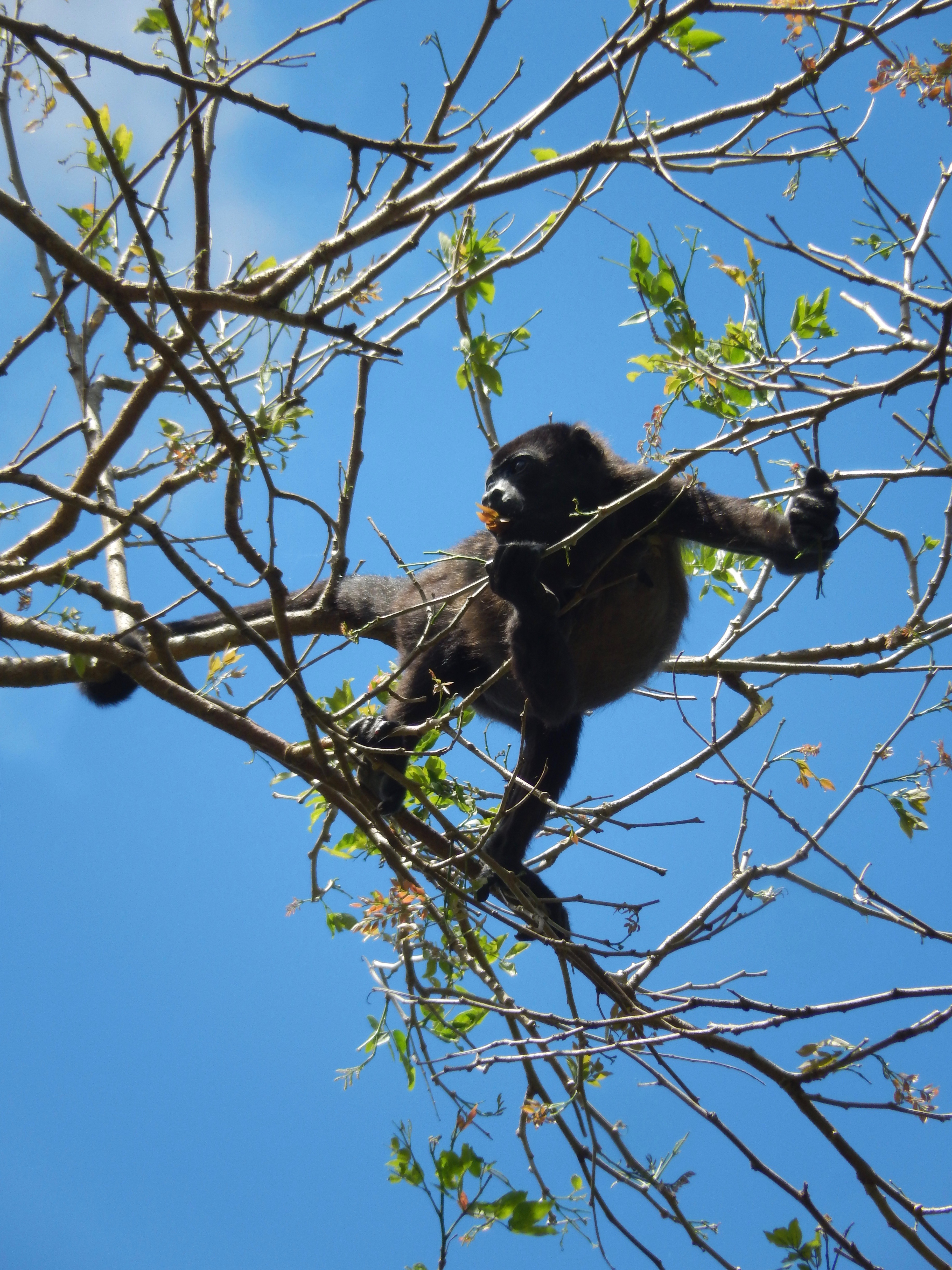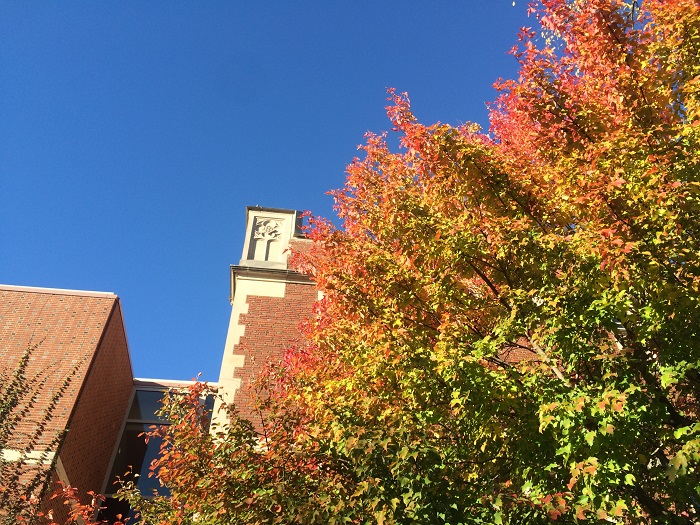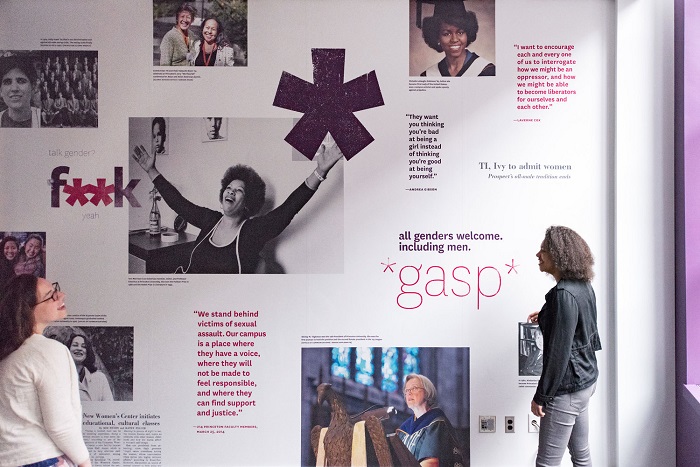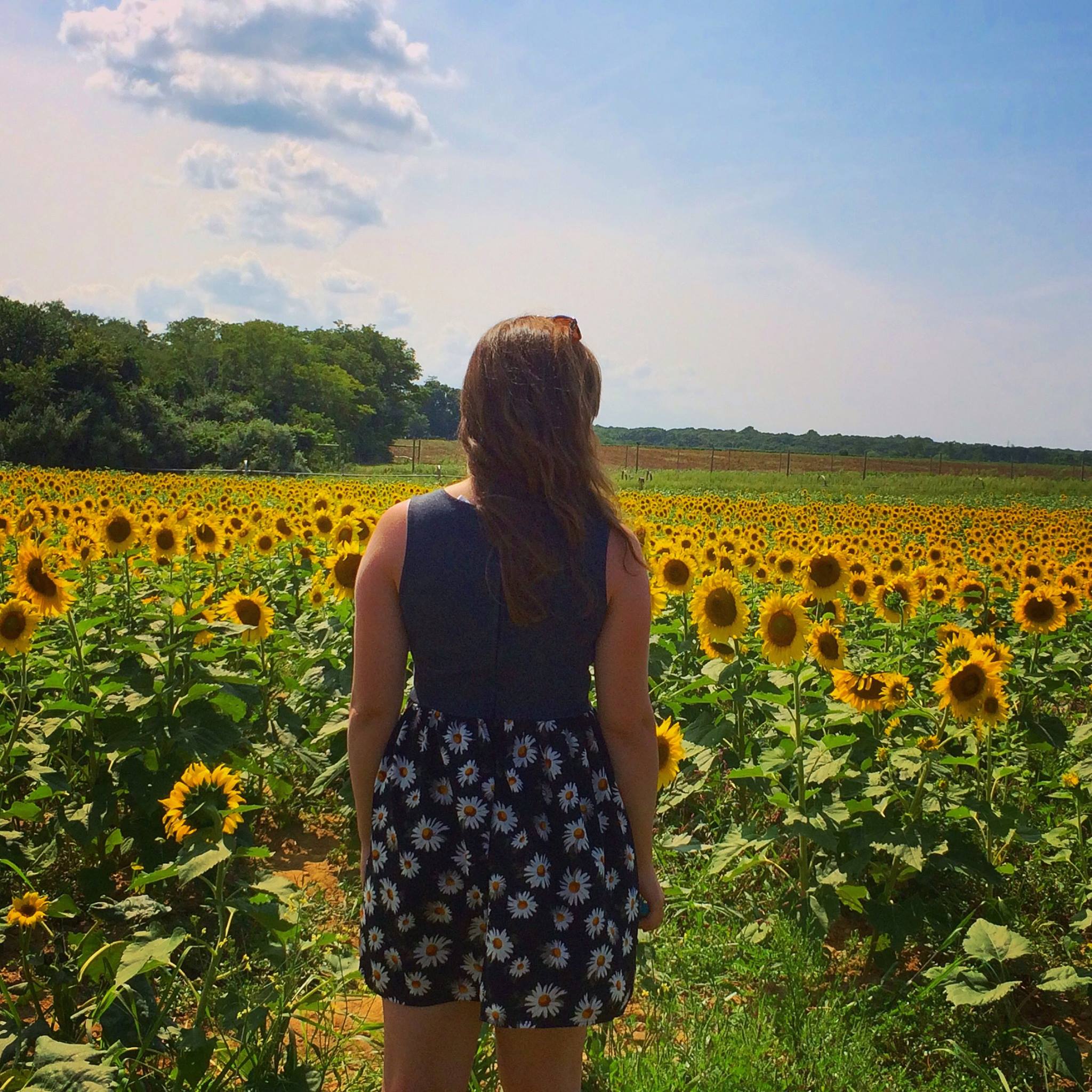During the semester I had the privilege and opportunity to work as a veterinary intern at the Princeton Animal Hospital (PAH). PAH is only about ten minutes from the University and handles various medical cases for dogs and cats.
At the clinic, I see a wide range of medical cases, since you truly never know what is going to walk through the door. While at first I was mostly observing and learning the ropes, now that I’ve been there for a few months, I’m able to do much more in the lab. I help with blood samples, prepare injections, pull medications, as well as assist during physical examinations. I have learned so much from the time I have spent in the hospital. The vets are incredible and always try to explain the case to me.
While I’m not in a lecture learning material as with traditional university classes, this internship is teaching me the practical skills that will prepare me for veterinary school. I am learning by doing, which is exactly the type of preparation I need. I am verifying this is the field I want to go into, and I am so thankful that I was able to coordinate the internship with my class schedule to make it happen.
Plus, I have to admit, it’s nice being able to get off of campus twice a week and pretend I am in the real world. Oftentimes, I find myself caught up in the Orange Bubble (how we fondly refer to campus), unable to get off campus and explore the surrounding area. Though I am only traveling ten minutes from campus, it is still a nice way for me to engage with the local community.
This internship is just one of the many examples of ways in which Princeton students are engaging with the local community. I have friends who tutor off campus, work for the hospice at the nearby hospital, babysit for professors and other townspeople, and intern at other local companies. It is definitely feasible to have an off-campus job if you are willing to put the work into it. For some, that may not be of interest, but if there is an organization or company that you really want to work with, it is possible and 100% worth it.










